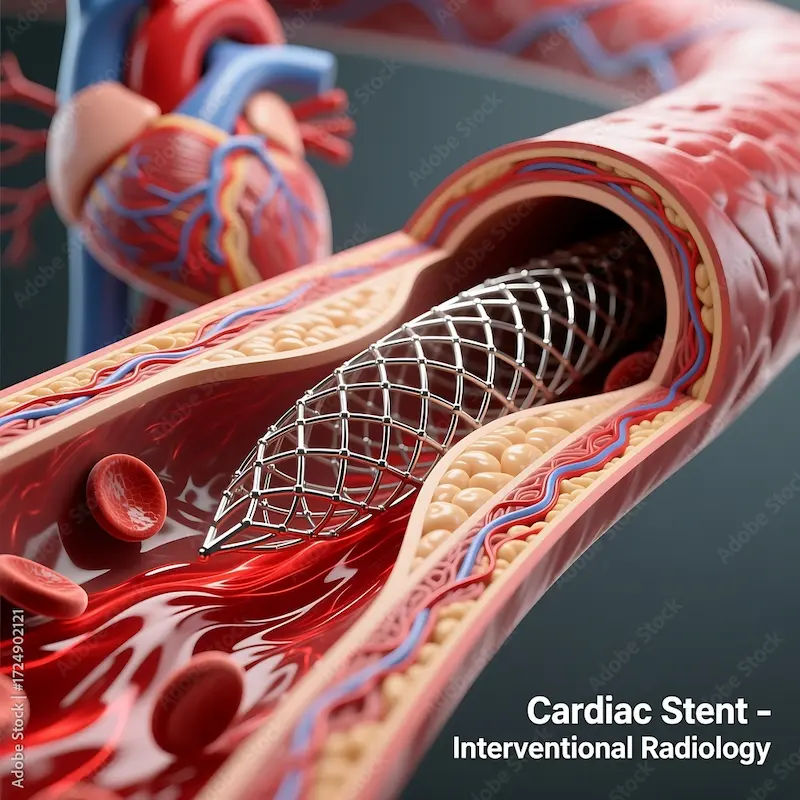- Male
- 38 Years
- 22/01/2025
I'm having some trouble with mild heart palpitations and anxiety, so my cardiologist put me on Telma 40 and propranolol 40 mg. The good news is my palpitations and angina are gone since starting propranolol, but now I'm experiencing some erection issues. I'm wondering, could I switch from propranolol to Nevivolol? Or would it be okay to take tadalafil along with the propranolol? Could you give me some advice on these two options?
Answered by 1 Apollo Doctors
- Instead of Propranolol 40 mg, you can use Nebivolol. The recommended dosage for Nebivolol is 5 mg to 10 mg once daily. It is also effective in managing heart palpitations and anxiety, with a lower risk of causing erectile dysfunction compared to Propranolol. 2. You can take Tadalafil with Propranolol, but it is important to consult with your cardiologist or healthcare provider before combining these medications. Tadalafil is used to treat erectile dysfunction, and the combination with Propranolol may help alleviate the erection problem you are experiencing. The usual starting dose of Tadalafil is 10 mg taken prior to anticipated sexual activity, with a maximum frequency of once per day.
Dr. Ranjith Suggests...
Consult a Cardiologist
Answered 04/07/2025
0
0

More Cardiology Health Queries
View allI'm dealing with high blood pressure, it's around 130180, and right now, I'm taking Stamlo 5. Should I be considering upping the dosage, or is there something else I should be doing?
consult general physician for the same
read more![Doctor 1]()
![Doctor 2]()
Answered by 1 Apollo Doctors
I'm a bit worried about my dad's recent test results. The doctor recommended a 2D echo and a treadmill test for him. The 2D echo came back normal, but the treadmill test showed a positive stress result. I've heard that only 4 out of 10 times, these TMT tests are accurate, which is kinda freaking me out. If one test is normal and the other one isn't, does that mean there's something to be concerned about? Could you shed some light on this?
If TMT is normal Better to under screening Angiogram,do not neglect,visit Cardiologist for the same
read more![Doctor 1]()
![Doctor 2]()
Answered by 1 Apollo Doctors
I've been dealing with diabetes for the past 10 years and I've also got high cholesterol. I used to take Tonact TG, which really helped me a lot, but my doctor recently switched me to Ecosprin AV 75. My TMT came back positive, but all my other heart tests, including the CT coronary, were normal. I'm wondering if I can take Tonact TG and Ecosprin 75 separately instead of just using Ecosprin AV 75? I noticed that with Tonact TG, my LDL stays around 70 mgdL and it also boosts my HDL levels more than just taking atorvastatin. Can you help me figure this out?
NO take ecospirin av as it comes in combiantion with blood thinner and you gave arisk as your tmt came out positive,no need to worry ,follow your doctors advice
read more![Doctor 1]()
![Doctor 2]()
Answered by 1 Apollo Doctors
Disclaimer: Answers on Apollo 247 are not intended to replace your doctor advice. Always seek help of a professional doctor in case of an medical emergency or ailment.




